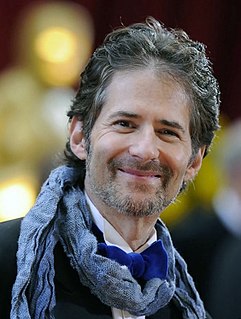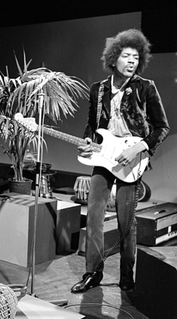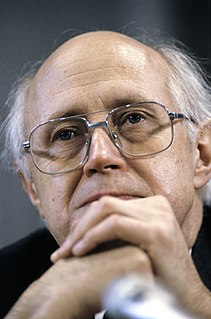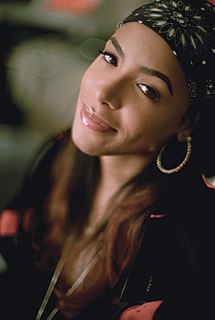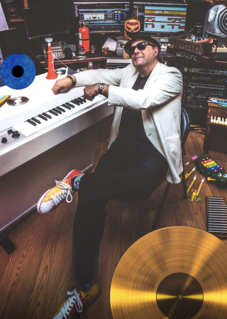A Quote by James Horner
The music's job is to get the audience so involved that they forget how the movie turns out.
Related Quotes
If the audience gets everything, if they see the photography and notice that it is good, then the story goes out the window, but if you become involved with the lives of the actors and forget that you are seeing mechanical devices on a huge screen - forget the make-believe - this is the job of the director to involve the audience with the actors.
.. I get more of a dreamy thing from the audience - it's more of a thing that you go up into. You get into such a pitch sometimes that you go up into another thing. You don't forget about the audience, but you forget about all the paranoia, that thing where you're saying, 'Oh gosh, I'm on stage - what am I going to do now ?' - Then you go into this other thing, and it turns out to be like almost like a play in certain ways
The Sophists had this idea: Forget this idea of what's true or not—what you want to do is rhetoric; you want to be able to persuade the audience and have the audience think you're smart and cool. And Socrates and Plato, basically their whole idea is, "Bullshit. There is such a thing as truth, and it's not all just how to say what you say so that you get a good job or get laid, or whatever it is people think they want.
I shall never forget Juliek. How could I forget this concert given before an audience of the dead and dying? Even today, when I hear that particular piece by Beethoven, my eyes close and out of the darkness emerges the pale and melancholy face of my Polish comrade bidding farewell to an audience of dying men.
I like the idea of doing a little movie every week. When you do a movie, you don't know when it's going to come out. In a year, you forget about it. I forget stories that happened on set. I forget who I worked with. I forget my lines, my characters' names. This is so fresh. We make it, and it's on TV. It feels more like a living, breathing thing.
My vision of punk rock was these dudes who were spitting on the audience and moshing. That's why I kind of left that scene. Then I see all these people around my same age or between 17 and 25 that were making music themselves in their own town. They weren't just singing, but creating. I see them putting out this music where there are tons of women involved in the scene and involved in the bands.
It's basically how I choose movie roles. Would I like to see this movie? Is this movie important? Why would I do this? And Headhunters is a movie that I would like to see in the cinema. And when it's sold to 50 countries or whatever, for me it's a great deal. I make movies for an audience so if that audience grows, I feel really honoured and thankful for it.
In the late '70s I was asked to sing for the first time in Germany. I'll never forget it. It was at a festival in Bremen. The German audience went berserk and the reviews were a phenomenon. For some reason the German audience understood how technically challenging this music was; it wasn't just someone yelling their head off.
Andy Dufresne: 'That's the beauty of music. They can't get that from you...haven't you ever felt that way about music?' Red: 'I played a mean harmonica as a younger man. Lost interest in it though. Didn't make much sense in here.' Andy: 'Here's where it makes the most sense. You need it so you don't forget.' Red: 'Forget?' Andy: 'Forget that...there are places in this world that aren't made out of stone. That there's something inside...that they can't get to, that they can't touch. That's yours.' Red: 'What're you talking about?' Andy: 'Hope.'
My job scoring a horror movie is like being the barker at a carnival. A good barker can get anyone to walk into the roped-off tent. Especially with the main title, my job is to convince the audience to take the leap into the film even though their better sense is telling them, "I should put my popcorn down and get the hell outta here"!
